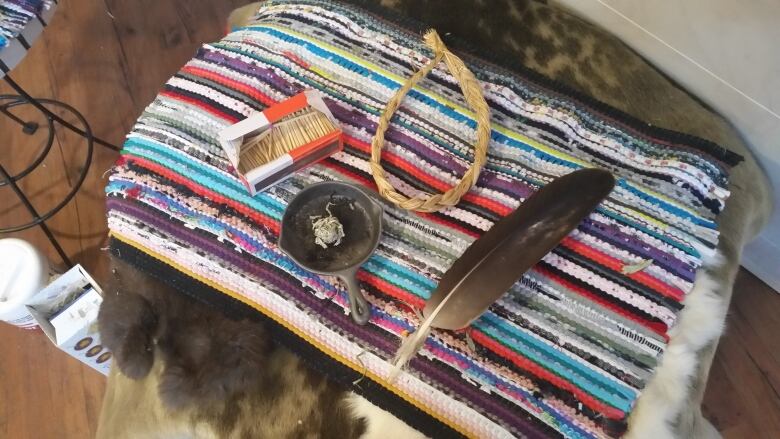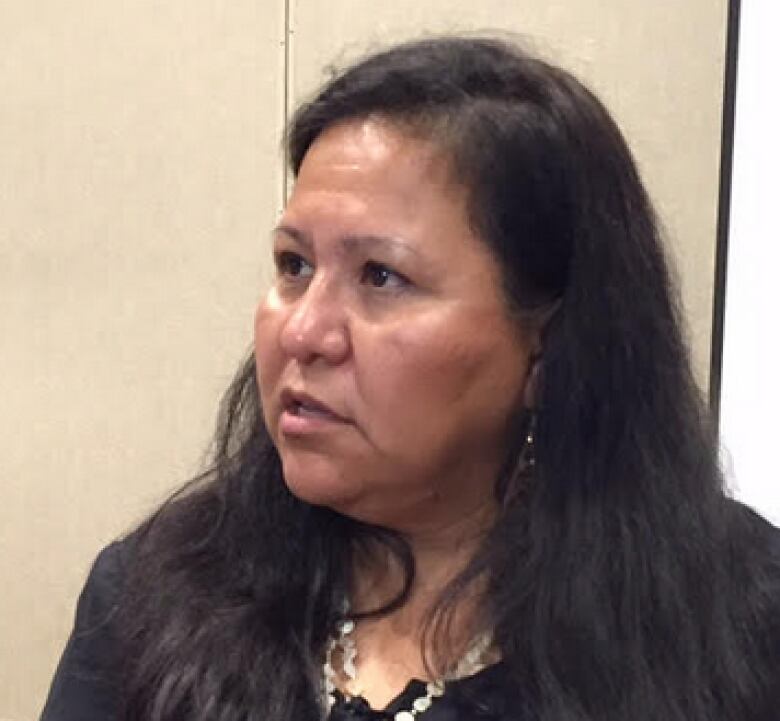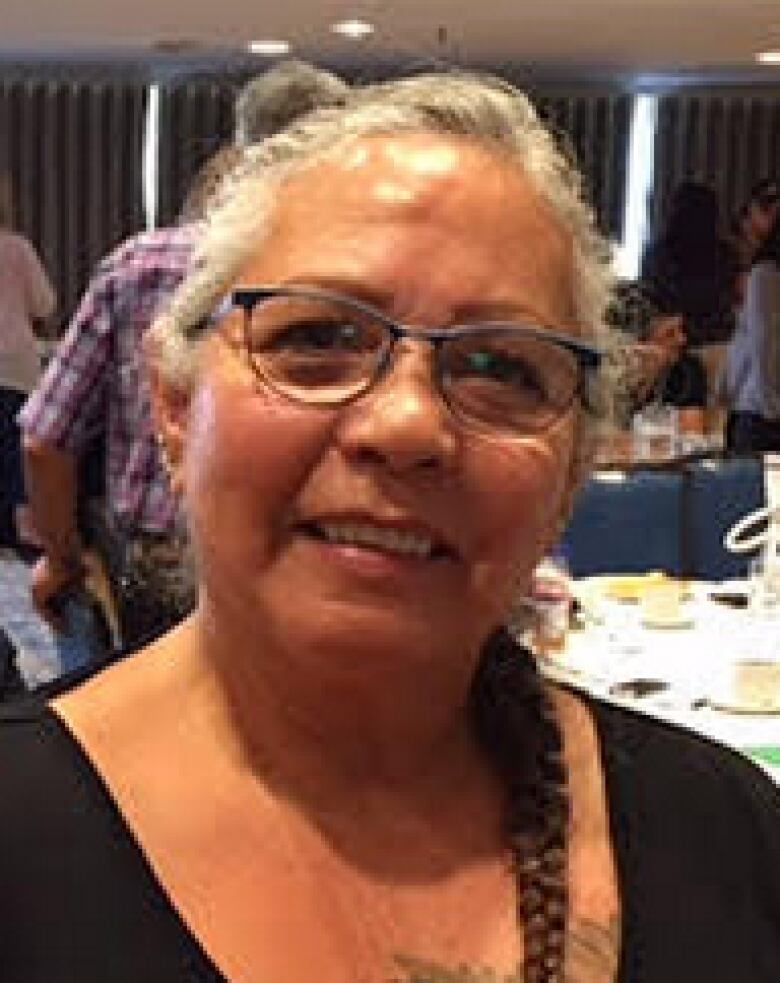New indigenous program finds culture key to overcoming addictions
Native Wellness Assessment instrument first of its kind in the world.

There's a strong relationship between cultural identity and addictions intervention in indigenous people, according to new research.
A first of its kind Native Wellness Assessment tool was unveiled today in Saskatoon, which promotes recovery through indigenous culture and community.

The foundation islaunching the tool, and presenting the findings of its federal government-funded research, conducted over the last three years.
The presentation comes shortly after the Truth and Reconciliation Commission's final report made nearly 100 recommendations, including a call to close the gap in health outcomes between Aboriginal and non-Aboriginal communities. The report focused on issues including mental health, suicide, and addictions.
The wellness assessment tool is based on a referral function, which allows community referral workers to assess people with addictions and decide if time at a residential treatment centre will meet their needs. The assessment process is done in a culturally relevant manner, and includes questions about intergenerational trauma.

For Sharon Acoose, the research and program are proof of something she already knows first hand. The professor of indigenous social work was addicted to drugs and alcohol for most of her life.
"I'd rather go into a sweat lodge than have a drink, or do drugs," she said. "I mean that's what keeps me sane today."
Acoosehopes others will benefit from this research.












_(720p).jpg)


 OFFICIAL HD MUSIC VIDEO.jpg)
.jpg)



























































































